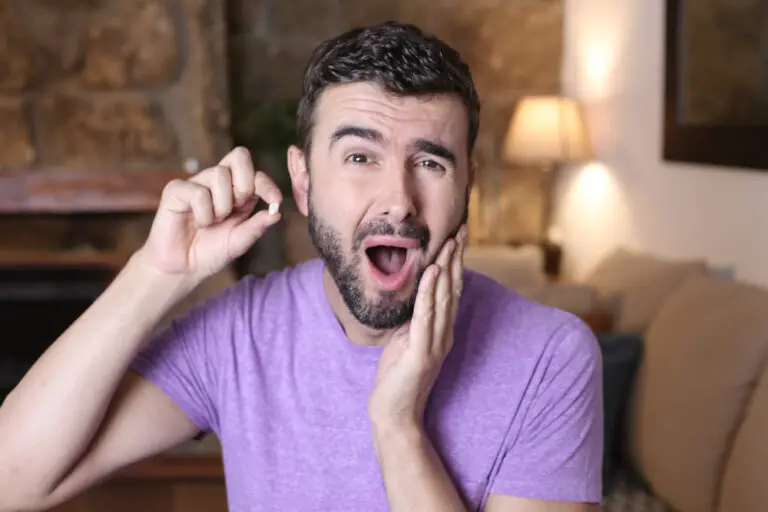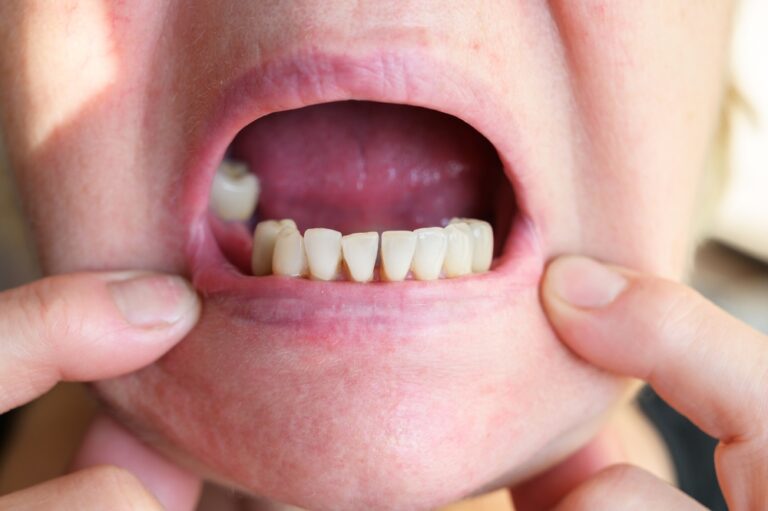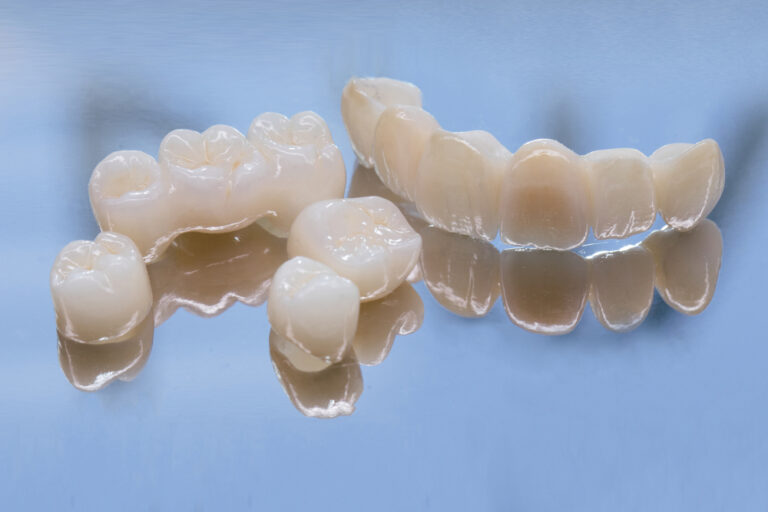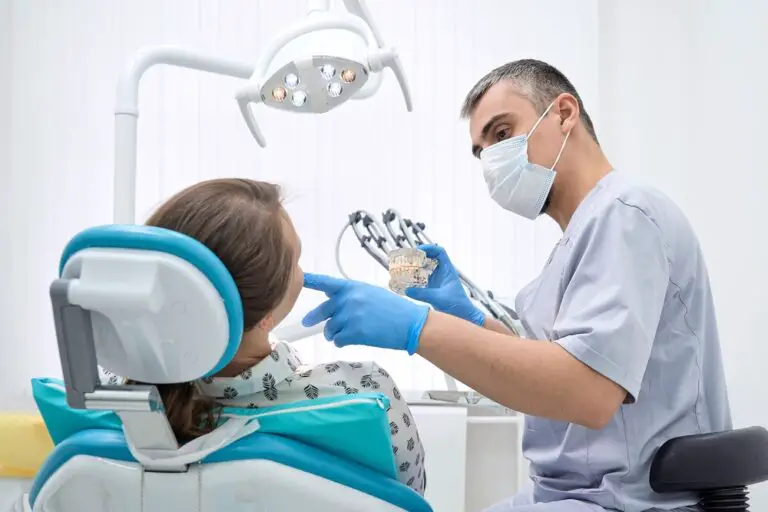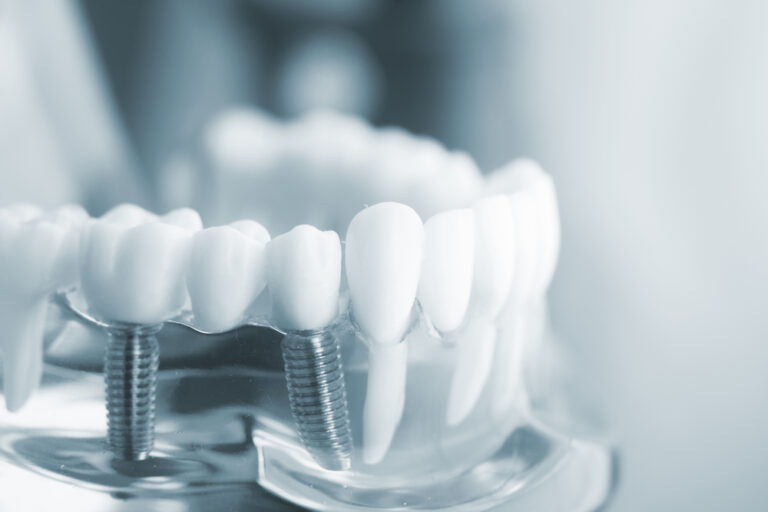Chipping a tooth can be a common occurrence for many people. Whether it’s from biting down on something hard or experiencing an injury, chipping teeth can be painful and uncomfortable. The good news is that there are treatment options available to fix chipping teeth.
Understanding the cause of chipping teeth is important in determining the best course of treatment. Factors such as poor dental hygiene, grinding teeth, or even genetics can contribute to chipping teeth. Treatment options can range from simple fillings or bonding to more extensive procedures such as crowns or veneers.
Prevention is key in avoiding chipping teeth. Proper dental hygiene, wearing a mouthguard during physical activity, and avoiding hard or crunchy foods can all help in preventing chipping teeth. It’s important to note that the cost of treatment and insurance coverage can vary, so it’s important to consult with your dentist and insurance provider to determine the best options for you.
Key Takeaways
- Chipping teeth can be treated with various options depending on the severity of the damage.
- Understanding the cause of chipping teeth is important in determining the best course of treatment.
- Prevention through proper dental hygiene, protective gear, and avoiding hard foods can help in avoiding chipping teeth.
Understanding Chipping Teeth
Chipping teeth is a common dental issue that can occur due to various reasons. In this section, we will discuss the causes, symptoms, and diagnosis of chipping teeth.
Causes of Chipping Teeth
There are several reasons why a tooth may chip. Some common causes of chipping teeth include:
- Trauma to the mouth: A blow to the mouth can cause a tooth to chip or break.
- Tooth decay: If a tooth is weakened by decay, it may be more prone to chipping.
- Grinding or clenching teeth: Excessive grinding or clenching of teeth can cause them to chip or break.
- Eating hard foods: Biting down on hard foods, such as ice or hard candy, can cause a tooth to chip.
Symptoms
The symptoms of a chipped tooth may vary depending on the severity of the chip. Some common symptoms include:
- Pain when chewing or biting down
- Sensitivity to hot or cold temperatures
- Rough or jagged edges on the tooth
- Visible chip or break in the tooth
Diagnosis
If you suspect that you have a chipped tooth, it is important to see a dentist for a proper diagnosis. During a dental exam, your dentist will examine your teeth and may take X-rays to determine the extent of the damage.
In some cases, a chipped tooth may not cause any symptoms, but it is still important to have it examined by a dentist. If left untreated, a chipped tooth can lead to further damage or infection.
Overall, chipping teeth is a common dental issue that can be caused by various factors. If you suspect that you have a chipped tooth, it is important to see a dentist for a proper diagnosis and treatment.
Treatment Options for Chipping Teeth
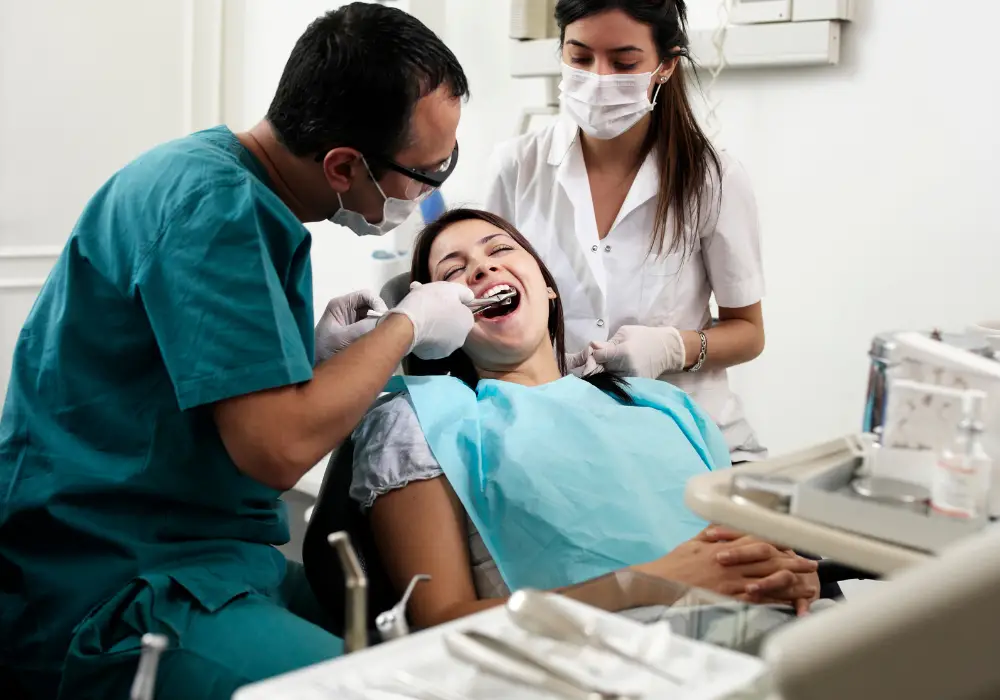
If you have a chipped tooth, there are several treatment options available to restore your smile. Here are some of the most common treatments:
Dental Bonding
Dental bonding is a popular and affordable treatment option for chipped teeth. During the procedure, your dentist will apply a tooth-colored resin to the affected tooth and shape it to match the surrounding teeth. The resin is then hardened with a special light, and the tooth is polished to give it a natural appearance. This procedure is typically completed in one visit and can last up to 10 years with proper care.
Veneers
Veneers are thin shells made of porcelain or composite resin that are placed over the front of your teeth to improve their appearance. If you have a chipped tooth, your dentist may recommend a veneer to cover the damaged area. The procedure involves removing a small amount of tooth enamel to make room for the veneer, which is then bonded to the tooth. Veneers are durable and can last up to 15 years with proper care.
Dental Crowns
If your chipped tooth is severely damaged or has a large filling, your dentist may recommend a dental crown. A crown is a cap that covers the entire tooth to protect it from further damage. The procedure involves removing a portion of the tooth to make room for the crown, which is then cemented in place. Crowns are durable and can last up to 15 years with proper care.
Root Canal Therapy
If your chipped tooth has exposed the pulp (the innermost layer of the tooth), you may require root canal therapy. During the procedure, your dentist will remove the damaged pulp and replace it with a filling material. A crown is then placed over the tooth to protect it from further damage. Root canal therapy is typically completed in one or two visits and can save the tooth from extraction.
Overall, the treatment option for your chipped tooth will depend on the severity of the damage. Consult with your dentist to determine the best course of action for restoring your smile.
Prevention of Chipping Teeth
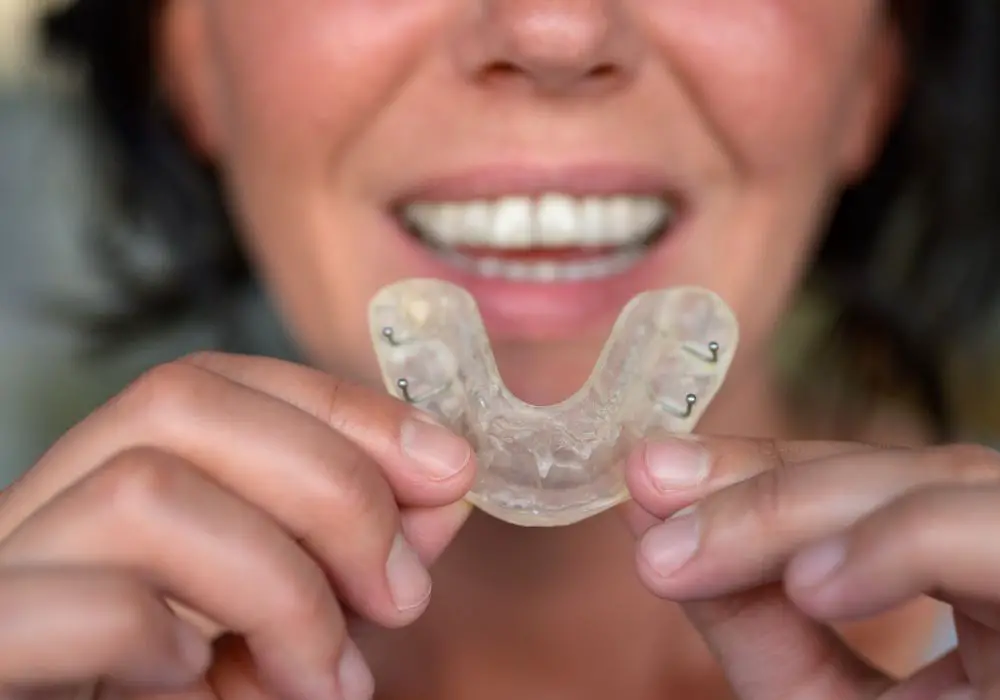
Dental Hygiene Practices
Maintaining good dental hygiene practices is the first step in preventing chipping teeth. Brushing your teeth twice a day with a fluoride toothpaste and flossing daily can help keep your teeth healthy and strong. Avoid using your teeth to open packages or bottles, as this can cause chipping.
Regular Dental Check-ups
Regular dental check-ups are essential to maintaining good oral health. Your dentist can identify any potential issues, such as weakened enamel or tooth decay, before they become more serious problems. It is recommended to have a dental check-up every six months.
Use of Mouthguards
Using a mouthguard during sports or physical activities can help protect your teeth from chipping or breaking. Mouthguards are designed to absorb the impact of a blow to the face, reducing the risk of injury. Custom-fitted mouthguards are available from your dentist and offer the best protection.
By following these simple steps, you can help prevent chipping teeth and maintain good oral health.
Cost and Insurance Considerations

When it comes to repairing a chipped tooth, the cost can vary depending on the severity of the damage and the method used to fix it. Here are some cost estimates for common treatments:
- Dental bonding: This is the most affordable option, with costs ranging from $300 to $600 per tooth.
- Dental veneers: These are more expensive, with costs ranging from $500 to $1,500 per tooth.
- Dental crowns: These are the most expensive option, with costs ranging from $800 to $3,000 per tooth.
It’s important to note that these costs are just estimates and can vary depending on the location and dentist. Some insurance plans may cover a portion of the cost of repairing a chipped tooth, so it’s important to check with your provider before scheduling any procedures.
If you don’t have insurance, there are still options to make the cost more manageable. Many dentists offer payment plans or financing options to help spread out the cost over time. It’s also worth shopping around and getting quotes from multiple dentists to find the best price.
Ultimately, the cost of repairing a chipped tooth can be daunting, but it’s important to prioritize your oral health and address any issues as soon as possible to prevent further damage.
Frequently Asked Questions
How can you fix chips in your teeth?
Chips in teeth can be fixed in a variety of ways depending on the severity of the chip. For minor chips, dental bonding or filling may be used to repair the tooth. For more severe chips, a crown or veneer may be necessary.
Can chipped teeth be restored?
Yes, chipped teeth can be restored. The restoration method used will depend on the severity of the chip. Your dentist will be able to recommend the best course of action for your specific case.
What is the cheapest way to repair broken teeth?
The cheapest way to repair a broken tooth is through dental bonding or filling. However, this method may not be suitable for severe breaks or chips.
How much does it cost to fix a chipped tooth?
The cost of fixing a chipped tooth can vary depending on the severity of the chip and the method of restoration used. On average, dental bonding or filling can cost between $100 and $400 per tooth, while a crown or veneer can cost between $500 and $1,500 per tooth.
Is there a chipped tooth repair kit?
There are over-the-counter chipped tooth repair kits available, but it is not recommended to use them without consulting a dentist first. These kits may not be suitable for all types of chips and may cause further damage if used incorrectly.
Will a small chipped tooth smooth out?
A small chipped tooth may smooth out over time, but it is not guaranteed. It is recommended to have any chips in your teeth evaluated by a dentist to determine the best course of action for restoration.

